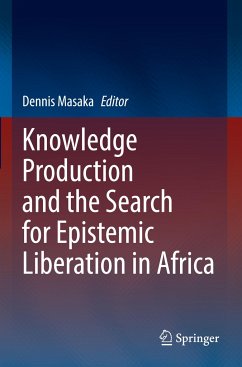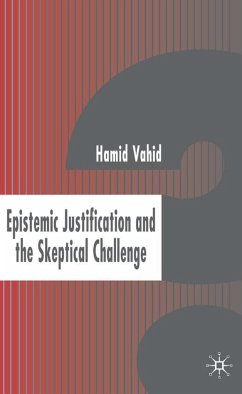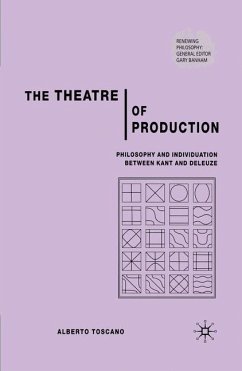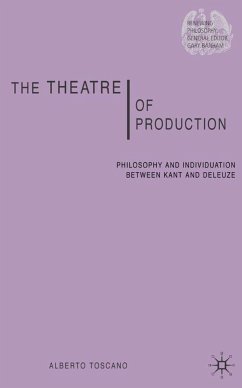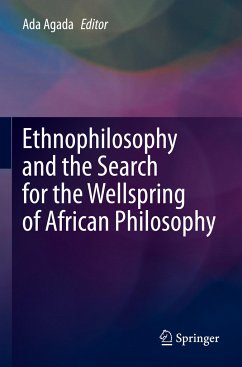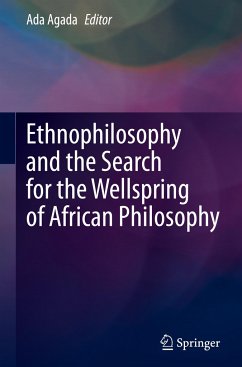
Knowledge Production and the Search for Epistemic Liberation in Africa

PAYBACK Punkte
38 °P sammeln!
This book shows the importance of knowledge production using requisite terms and frameworks to the broader scheme of epistemic liberation in Africa. The text considers what this veritable direction to knowledge production would mean to other areas of concern in African philosophy such as morality, education and the environment. These contributions are important because the success of decolonising projects in African countries depend upon the methods that underpin envisioned liberative knowledge production in light of Africa's historical and present condition. This volume appeals to students an...
This book shows the importance of knowledge production using requisite terms and frameworks to the broader scheme of epistemic liberation in Africa. The text considers what this veritable direction to knowledge production would mean to other areas of concern in African philosophy such as morality, education and the environment. These contributions are important because the success of decolonising projects in African countries depend upon the methods that underpin envisioned liberative knowledge production in light of Africa's historical and present condition. This volume appeals to students and researchers working in epistemology and African philosophy.



